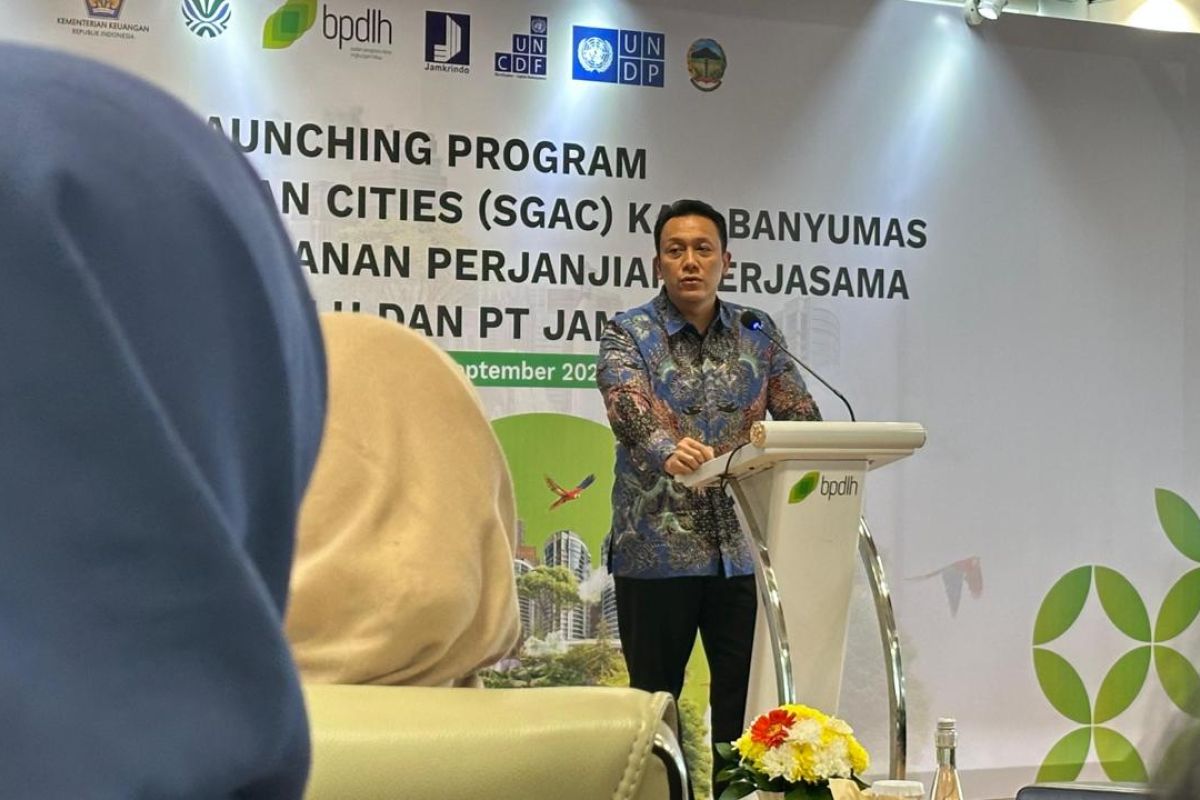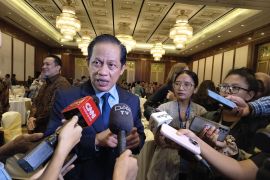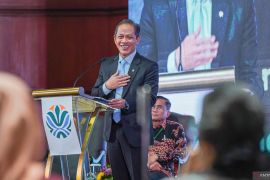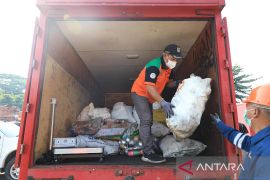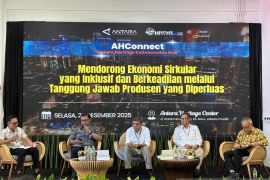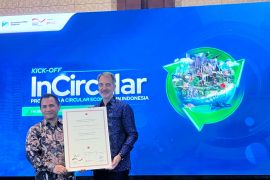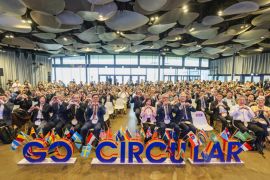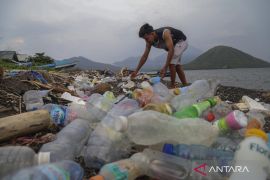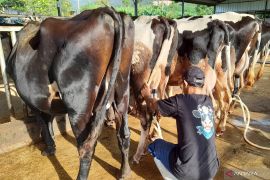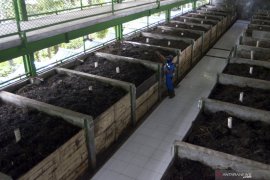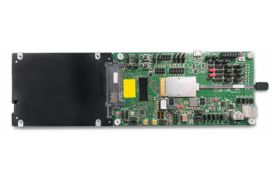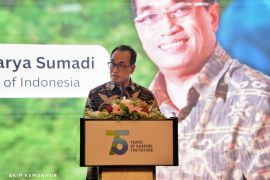Deputy Minister of Environment and Deputy Head of the Environmental Control Agency, Diaz Hendropriyono, emphasized that cross-sector collaboration is key to building green and climate-resilient cities.
He said the program not only aims to reduce emissions from the waste sector but also provides innovative financing mechanisms for circular economy players at the community level with support from national and international partners.
SGAC is designed as a strategic step to accelerate the transformation of Indonesian cities toward green development through sustainable financing mechanisms.
The program targets integrated waste management and greenhouse gas emission reduction, particularly methane, which has 25 times the warming potential of carbon dioxide.
By applying a circular economy approach, organic waste will be turned into economic opportunities involving local communities, cooperatives, and small businesses, creating added value and social benefits.
The launch of SGAC was supported by the United Nations Capital Development Fund (UNCDF) and the United Nations Development Programme (UNDP) Indonesia, and attended by representatives from local governments, financial institutions, and international development partners.
Diaz highlighted that strengthening green finance is crucial to addressing two major challenges Indonesia still faces: waste management and the climate financing gap. He noted that only about 39 percent of waste is currently managed, with effective processing at just 9 to 10 percent.
Meanwhile, climate financing needs are estimated at Rp470 trillion per year, while the state budget can only provide around Rp76 trillion.
He stressed that this significant gap must be bridged through innovation, collaboration, and the right financial instruments. As the first pilot project, Banyumas District has been selected to implement SGAC.
The district will receive technical equipment and working capital to strengthen its integrated waste management system, including the development of Refuse-Derived Fuel (RDF) facilities and Black Soldier Fly (BSF) cultivation.
Diaz underlined that the program’s success will depend not only on funding but also on the commitment of local governments and the active participation of communities.
He expressed confidence that Banyumas has strong potential to become a model for sustainable waste management that can be replicated across other regions in Indonesia.
Related news: Urgency of green financing amid global climate crisis
Related news: OJK preparing financial sector to support RI's green commitments
Related news: RI offers solutions to attract energy transition investment in ASEAN
Translator: Primayanti
Editor: Azis Kurmala
Copyright © ANTARA 2025
